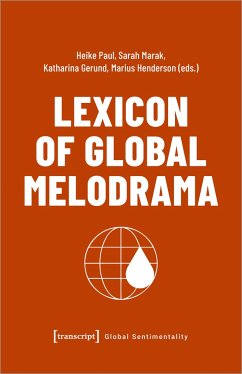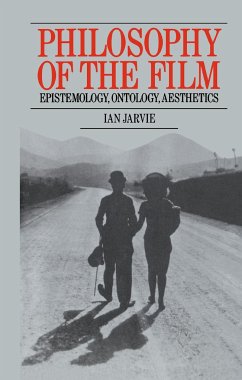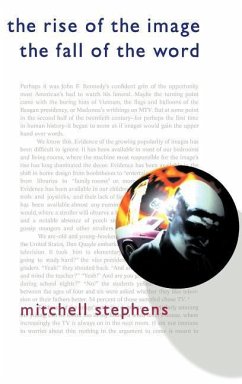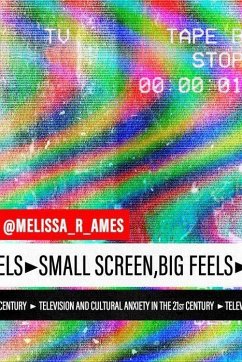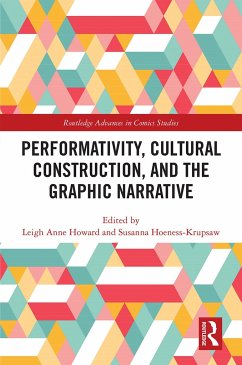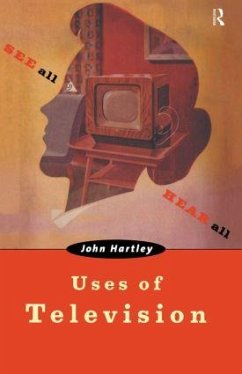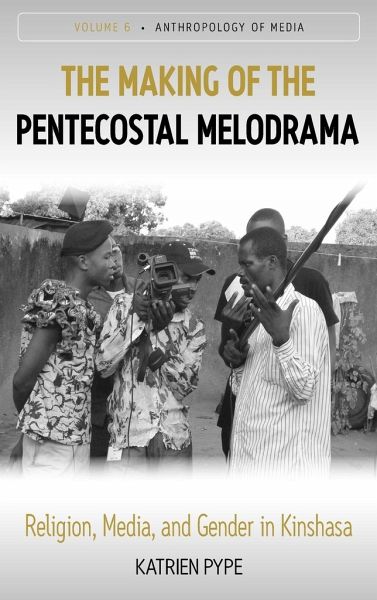
The Making of the Pentecostal Melodrama
Religion, Media and Gender in Kinshasa

PAYBACK Punkte
66 °P sammeln!
How religion, gender, and urban sociality are expressed in and mediated via television drama in Kinshasa is the focus of this ethnographic study. Influenced by Nigerian films and intimately related to the emergence of a charismatic Christian scene, these teleserials integrate melodrama, conversion narratives, Christian songs, sermons, testimonies, and deliverance rituals to produce commentaries on what it means to be an inhabitant of Kinshasa.



